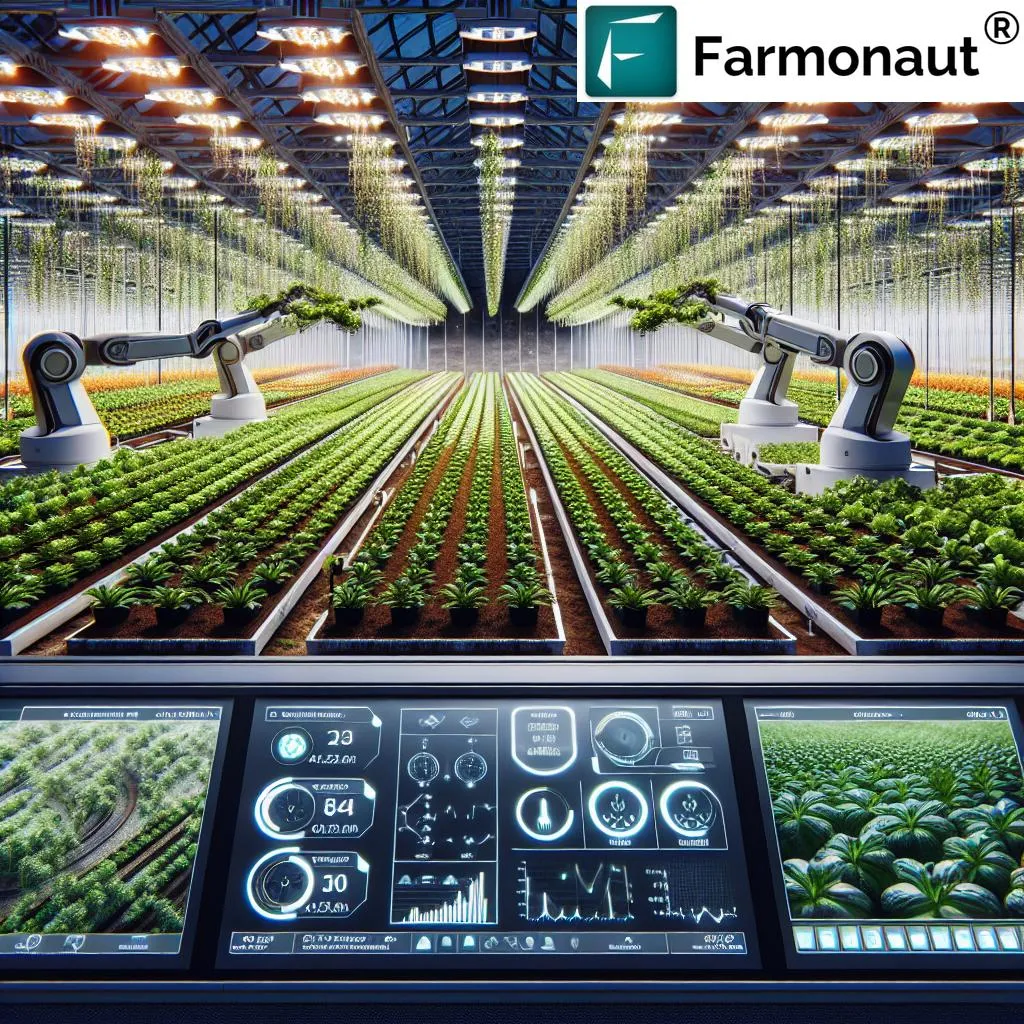In the ever-evolving landscape of precision agriculture, a groundbreaking study led by Jun Liu from the Shandong Provincial University Laboratory for Protected Horticulture at Weifang University of Science and Technology has introduced a novel deep learning architecture that promises to revolutionize vegetable disease detection in greenhouse cultivation. Published in the esteemed journal ‘Frontiers in Plant Science’ (translated as “植物科学前沿”), this research addresses critical challenges in modern agriculture, offering a glimpse into the future of intelligent farming.
The study, titled “Intelligent deep learning architecture for precision vegetable disease detection advancing agricultural new quality productive forces,” presents YOLO-vegetable, a high-precision detection algorithm based on the improved You Only Look Once version 10 (YOLOv10). This innovative framework is designed to tackle the persistent issues of uneven illumination, target occlusion, and mixed infections that plague current disease detection systems.
“Our goal was to create a robust and efficient system that could accurately identify diseases in various environmental conditions,” said Jun Liu, the lead author of the study. “The YOLO-vegetable algorithm is a significant step forward in achieving this goal.”
The YOLO-vegetable framework incorporates three pioneering modules that enhance its detection capabilities. The Adaptive Detail Enhancement Convolution (ADEConv) module dynamically adjusts parameters to preserve fine-grained features while maintaining computational efficiency. The Multi-granularity Feature Fusion Detection Layer (MFLayer) improves small target localization accuracy through cross-level feature interaction mechanisms. The Inter-layer Dynamic Fusion Pyramid Network (IDFNet) combines with the Attention-guided Adaptive Feature Selection (AAFS) mechanism to enhance key information extraction capability.
Experimental validation on a self-built Vegetable Disease Dataset (VDD) comprising 15,000 images demonstrated that YOLO-vegetable achieves an impressive 95.6% mean Average Precision at an IoU threshold of 0.5. This represents a 6.4 percentage point improvement over the baseline model, showcasing the algorithm’s superior performance. Moreover, the method maintains efficiency with 3.8M parameters and an inference time of 18.6ms per frame, making it a practical solution for real-time disease detection in facility agriculture.
The implications of this research are far-reaching, particularly for the agricultural sector. Accurate and timely disease detection is crucial for maintaining crop health and ensuring high yields. The YOLO-vegetable algorithm’s ability to operate efficiently under challenging conditions makes it an invaluable tool for farmers and agronomists. “This technology has the potential to transform how we approach disease management in greenhouse cultivation,” Liu added. “By providing early and precise detection, we can significantly reduce crop losses and improve overall productivity.”
The study’s findings contribute to the development of agricultural new quality productive forces, a concept that emphasizes the integration of advanced technologies to enhance agricultural productivity and sustainability. As the global population continues to grow, the demand for efficient and sustainable agricultural practices will only increase. Innovations like YOLO-vegetable are poised to play a pivotal role in meeting these demands.
In conclusion, the research led by Jun Liu represents a significant advancement in the field of precision agriculture. By addressing the challenges of disease detection in greenhouse cultivation, the YOLO-vegetable algorithm offers a practical and efficient solution that can enhance crop health and productivity. As the agricultural sector continues to evolve, the integration of such intelligent technologies will be crucial in shaping the future of farming. The study’s publication in ‘Frontiers in Plant Science’ underscores its importance and relevance to the scientific community and the broader agricultural industry.

